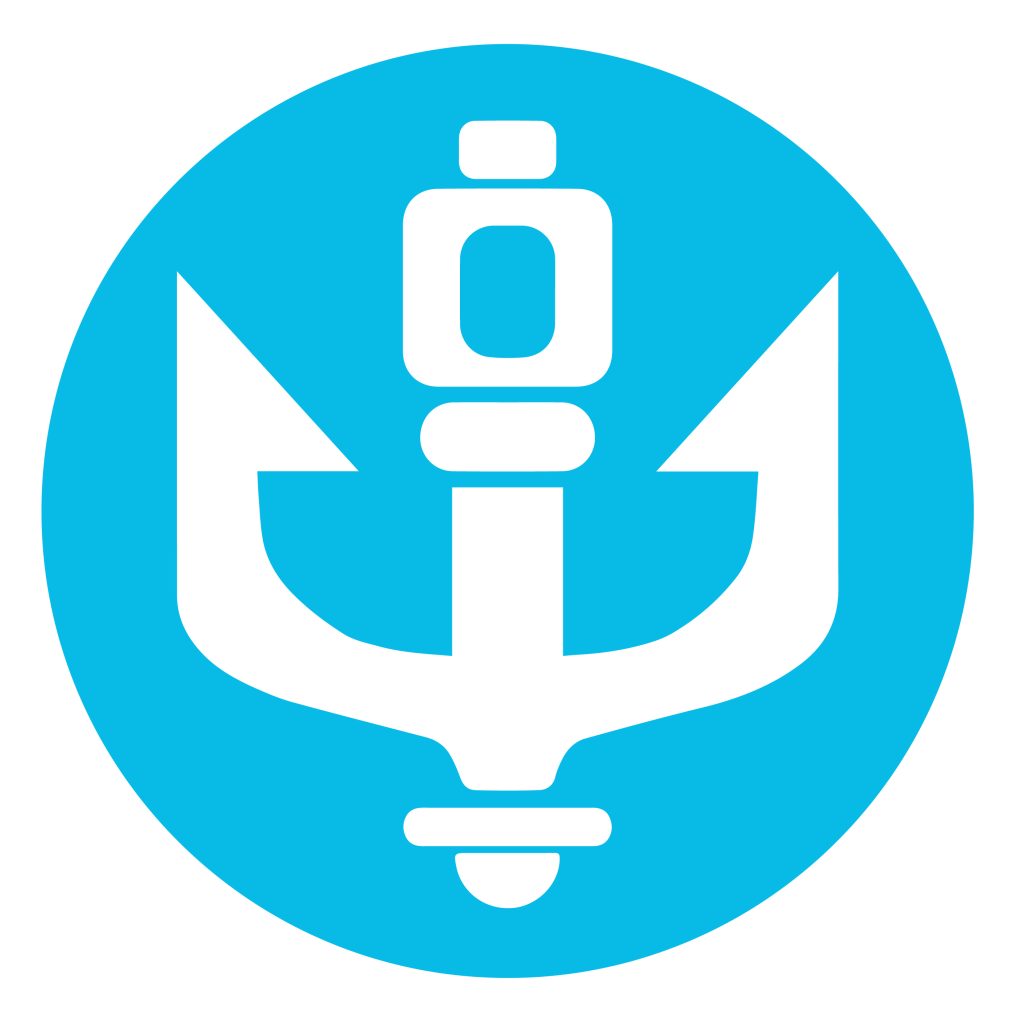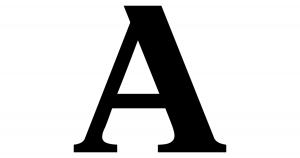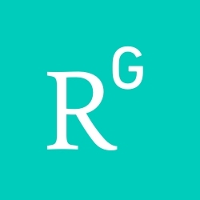Prof. Sariel Shalev
Throughout my academic career, my major goal has been to continue to contribute and assist in establishing as much as I can to the interdisciplinary study of the archaeology of metals and metallurgy in ancient Israel and the Levant. The major milestones, which I have tried to contribute and further develop, have been and are:
- Establishment archaeometallurgy research as a “legitimate” part of present and future mainstream archaeology in Israel.
- Establishing an active archaeomaterials research laboratory, first in the Center for Archaeological Sciences in the Weizmann Institute of Science and, later, in the School of Marine Sciences in the University of Haifa, for the study and teaching of the analysis of chemical composition and metallography of ancient metals and metallurgical remains from sites and excavations mainly in Israel.
- The conducting of research projects abroad. These including the study of pottery composition as an indicator of long distance cultural connections and ethnic movements in Central Asia (in Tajikistan, Uzbekistan, Pakistan region), and the metal composition and mode of production of bells in the Pagodas of Myanmar with the help of the Myanmar Ministry of Culture.
- In recent years, as part of a future program, I have been working on broadening my research field by analyzing archaeological sediments on-site during excavation, analyzing differences in pottery composition, and studying flint tools and obsidian.
- Finally, in order to better understand the possible production processes in different materials in archaeology and as part of our obligation to society, we are currently establishing in the lab, a center for studying and documenting traditional pre-industrial crafts in the Arab and Jewish traditional societies in Israel. These include sending students to the community to teach and tutor the fieldwork of high school children. One of the current projects in progress is being conducted in the Druze village of Daliyat el-Carmel with the direct help and participation of the school staff and the village society.
E-mail: sariel.shalev@univ.haifa.ac.il





